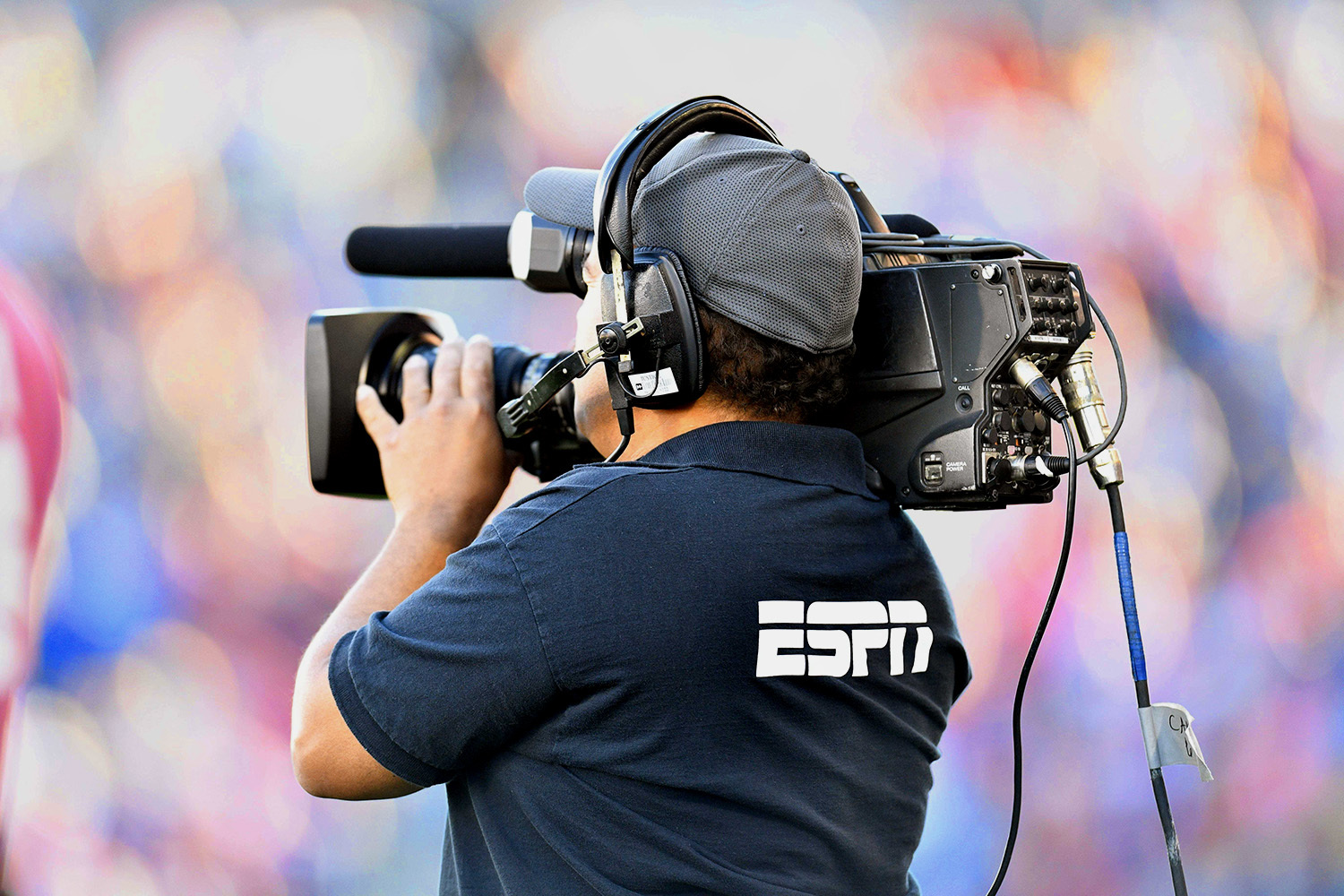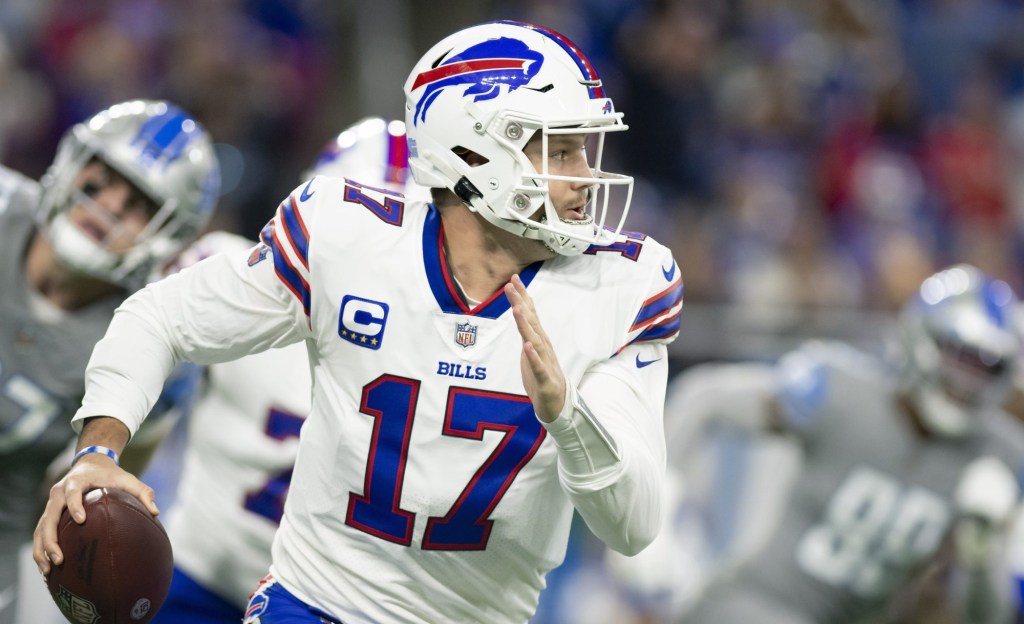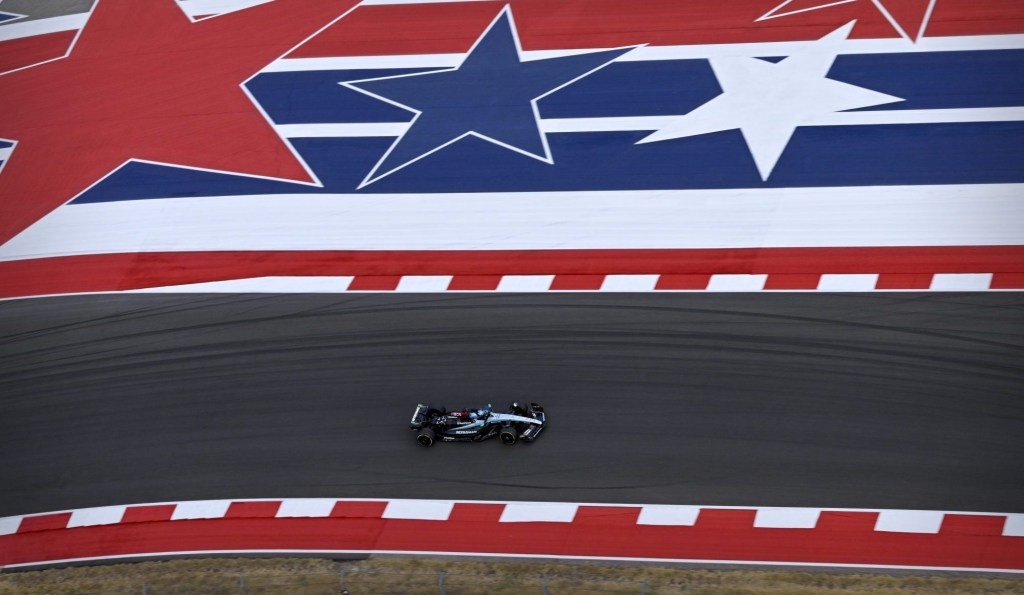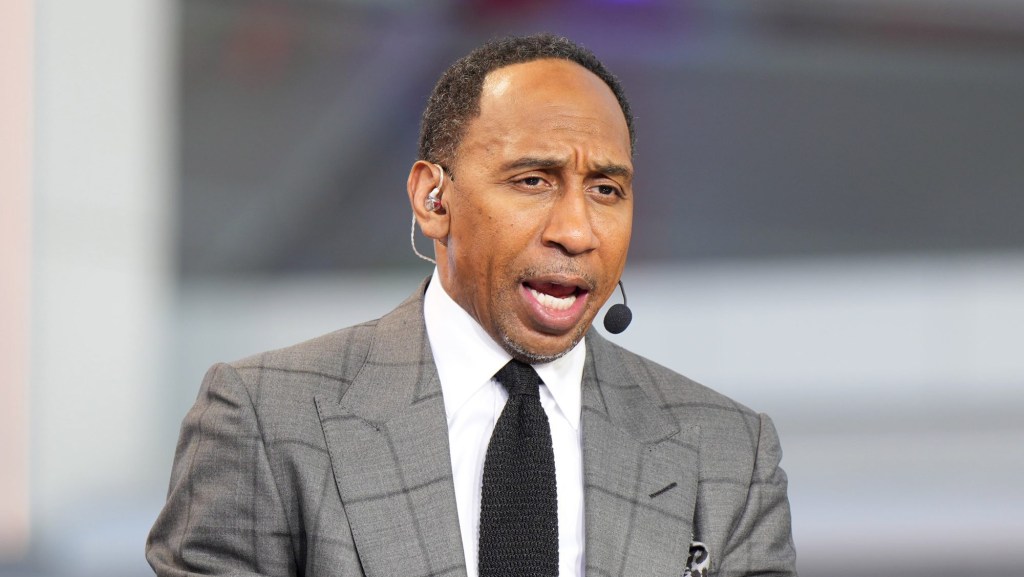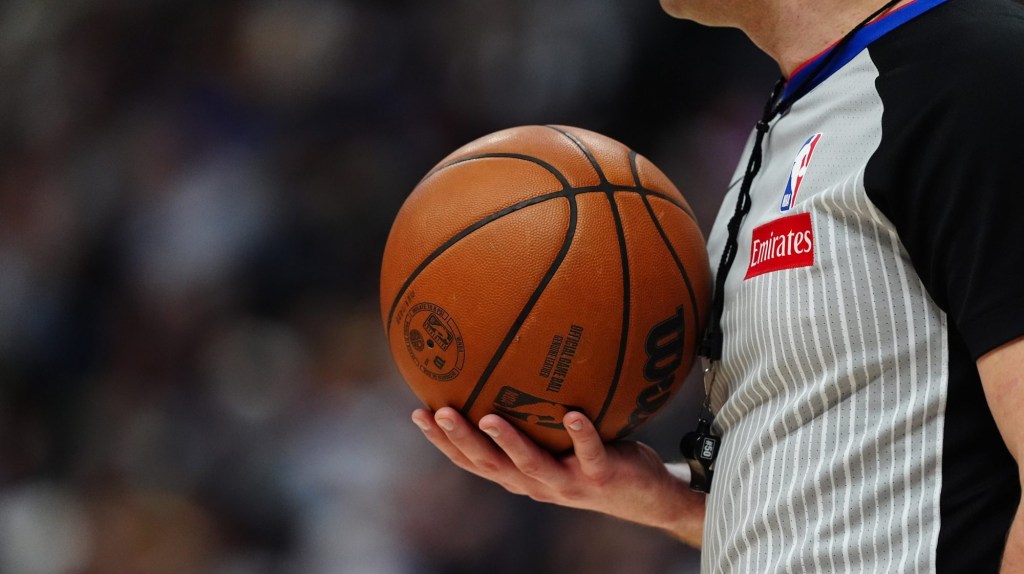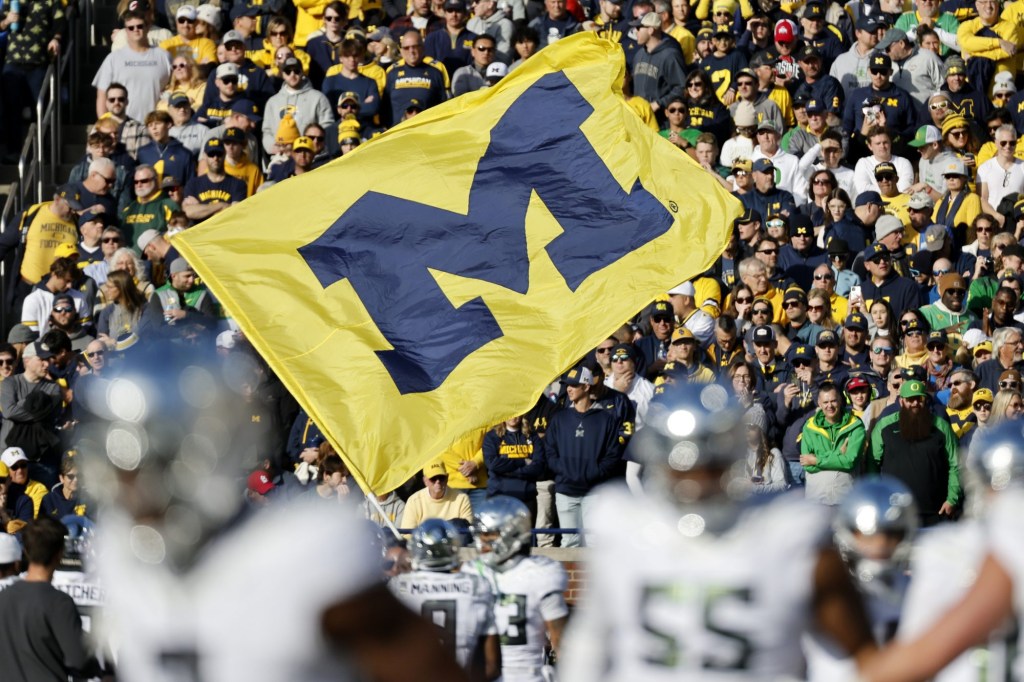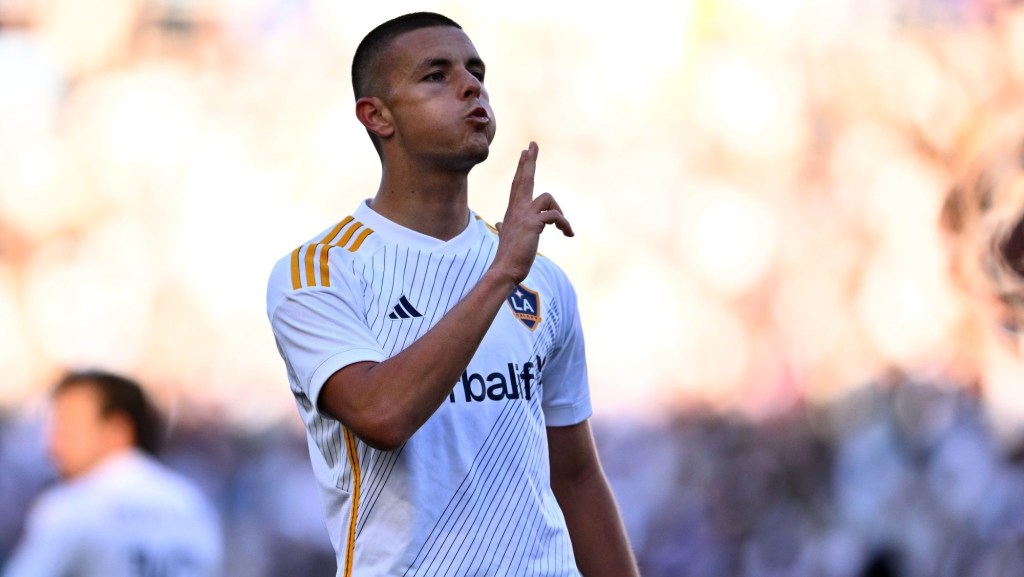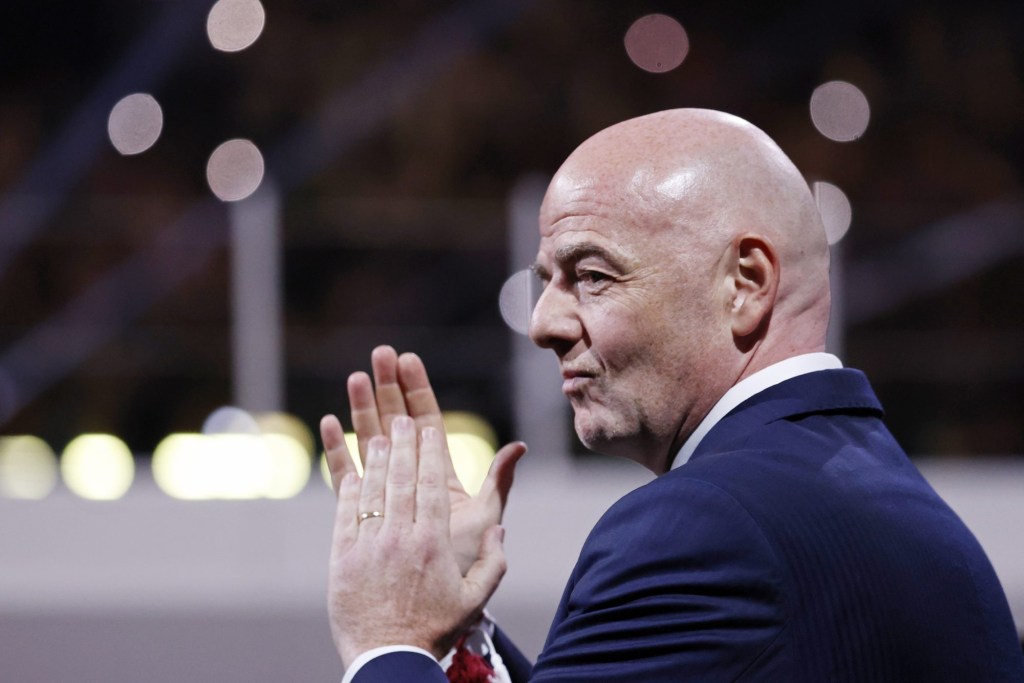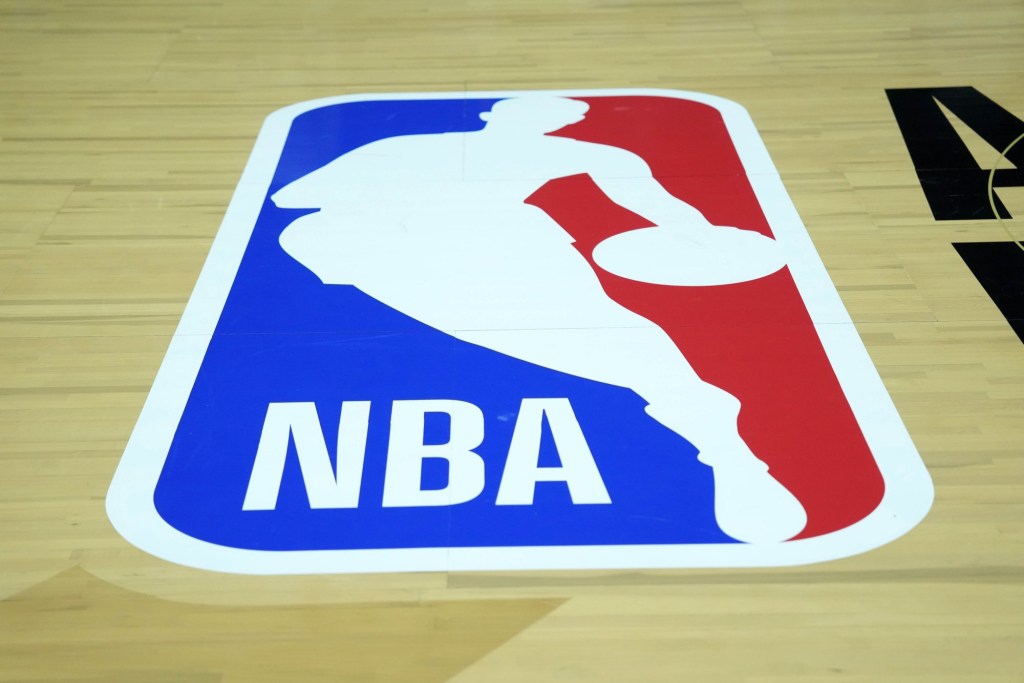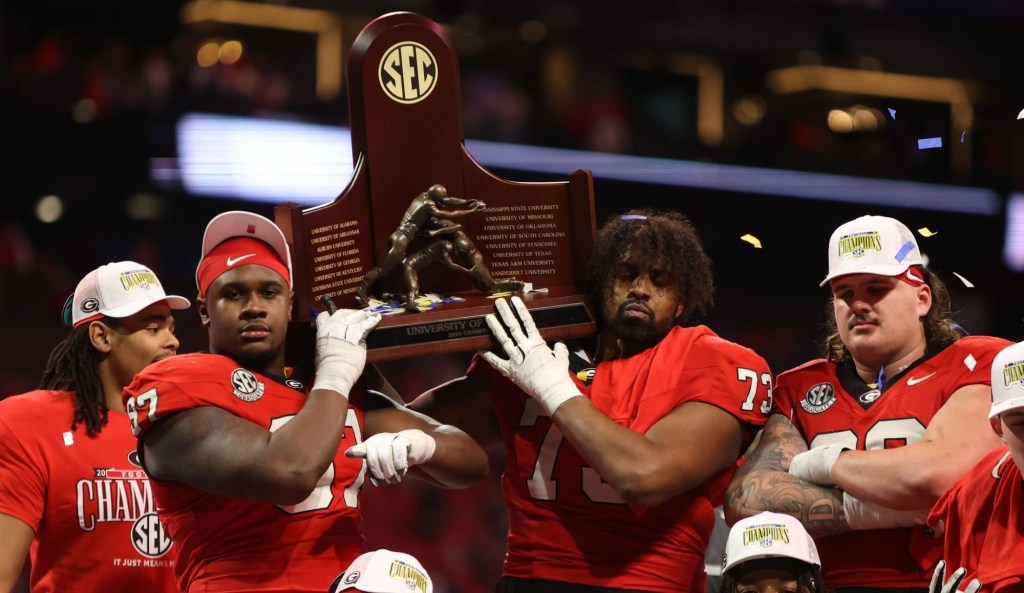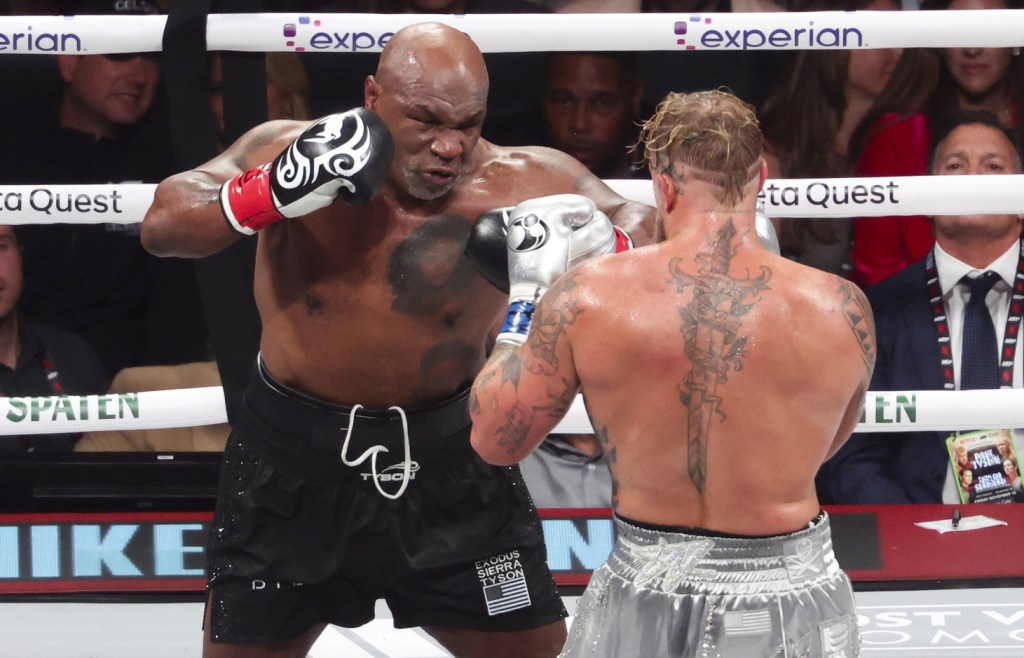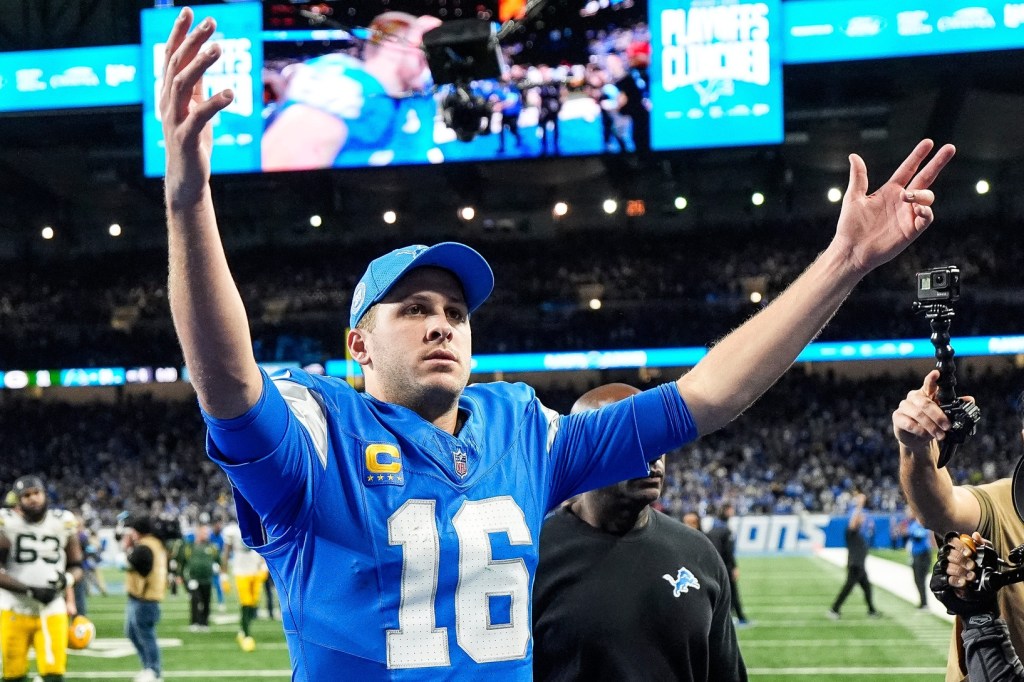Last week, Disney reported its earnings, spinning twin narratives: Earnings and subscriptions are up, but confidence in the growth narrative is down.
Earnings calls serve a dual purpose for companies.
- Quantitatively speaking, companies report their financial metrics and benchmark them against financial experts’ “expectations” of how they should be performing.
- Then there’s the qualitative aspect — the narrative the company is spinning to inspire confidence that the quantitative data tomorrow will be better than what was reported today.
Disney is experiencing some slippage in both areas — at least compared to recent history.
Last week, the Mouse reported earnings that, on the surface, appeared to be strong: continuing growth in subscriptions and roughly $20 billion in revenue compared to $16 billion in the same period in 2021.
The company also reported that total Disney+ subscriptions rose to 137.7 million during the second quarter — higher than the 135 million anticipated by analysts.
Yet despite the company’s seemingly strong performance, Disney shares have been down since the announcement.
One of the reasons for the negative reaction was the outlook for future growth. Disney CFO Christine McCarthy noted in the earnings call that the growth rate for new subscribers “may not be as large as previously anticipated.”
The narrative has been set that Disney+ is growing — and relatively quickly — but it’s likely this pace won’t be sustained. Juxtapose that with Netflix, which lost 200,000 net subscribers in the most recent quarter and is expected to lose some 2 million in the next one. While the companies seem to be on different trajectories, their stock prices are both in relative free-fall.
It’s probable that investors are no longer as infatuated as they once were with the narrative behind perpetual growth in streaming.
- For Netflix, the musical chairs stopped abruptly with a net decrease in subscribers.
- Disney’s notion of “strong but less than anticipated” subscriber growth has investors feeling skittish.
In the current economic environment, costs matter. Disney’s direct-to-consumer segment (streaming) lost $887 million this quarter, and those losses are expected to increase in the next quarter.
For content businesses, particularly ones that are scaling, operating at a loss can be par for the course. Acquiring or producing original content can be expensive — toss in the ever-increasing cost to stream live sports, and it’s no surprise that the losses keep piling up.
What should Disney do? How can it change the narrative?
ESPN: An Old Story Revisited
Bob Chapek might have an idea.
In the company’s upfront Tuesday, Chapek was outspoken about two things in particular.
First, he was sure to let onlookers know that Disney is an apex predator. The CEO stated that Disney is “the most powerful force in the industry,” a statement that preceded Disney’s announcement of a new, cheaper, ad-supported tier of its Disney+ streaming service.
But the real innovation: On last week’s company’s earnings call, the CEO said he sees a day when all of ESPN’s programming is available fully direct-to-consumer via the ESPN+ streaming platform.
In his discussion with analysts, Chapek noted that Disney is uniquely positioned to build the world’s premier sports streaming service: “It will be the ultimate fan offering … And I think there’s nobody but ESPN, frankly, [that] could actually pull that off.”
While there is no immediate timeline for the transition, the potential benefit to Disney’s overall streaming platform could be significant.
Disney relies heavily on ESPN to differentiate its content relative to competitors.
- Live sports, though expensive initially due to rights deals, have the ability to bring in a unique set of customers whose content appetite relies specifically on sports.
- As it currently stands, ESPN+ has reported 22.3 million subscribers — a figure only one-third that of the 73 million individuals currently signed up for ESPN through cable.
What’s more is that as we continue to move into the streaming era, streaming platforms are going to look more and more like — wait for it — cable bundles. In order to be considered a “winner” in streaming wars, platforms will need to offer their customers a holistic content offering — one that includes sports.
According to Needham analyst Laura Martin, “The streaming war will be won by the streaming service that offers consumers 360-degree content choices similar to the linear TV bundle … The historical content conglomerates that own live sports rights and breaking news assets are best positioned to win the streaming wars.”
The live sports streaming business is growing — and fast.
The market is expected to quadruple, according to a Verified Market Research report which predicts it will increase from $18.1 billion in 2020 to more than $87.3 billion by 2028.
In order to change the narrative of slowing growth on the subscription business, Disney would be wise to accelerate the shift to a DTC model in order to continue building up those subs.
So why isn’t Disney going into the opportunity guns blazing? It turns out the cable bundle is still a pretty attractive proposition.
Structural Issues with Streaming
While slowed net additions to Disney’s subscriber base might have hurt the stock price, its cable business sure does make up for a great deal of streaming’s shortcomings.
In the most recent quarter, Disney earned $2.8 billion from its linear networks such as ESPN and ABC with a large portion of those revenues coming from the subscriber fees ESPN charges cable distributors.
Simply put, cable is a cash-generating machine — and one that is painful to turn off in exchange for a loss-generating proposition for streaming. This is due in large part to the relative difference in business models for streaming and cable.
Streaming, in the traditional sense, represents an unbundling of existing cable packages. Bundling, however, increases revenue relative to selling individual goods — in this case content offerings.
- When content is bundled, consumers pay the market price for the specific content they want (i.e. college football fans paying a cable provider for FS1) plus an additional premium for ancillary content whether they like it or not.
- Since digital information goods like content carry almost no variable cost, increases in revenue directly affect the profit line.
In essence, a traditional bundled offering has the ability to generate more revenue than an unbundled offering like streaming.
The future of streaming, however, looks like it’s going to be bundled.
If Disney shifts its ESPN operating model to a streaming-first offering, Disney+ will approach the 360-degree content offering associated with a traditional cable model.
Without a doubt, streaming has burned a hole in Disney’s profitability. The ultimate plan, however, is to build a streaming service that captures the revenue proposition of old-school, bundled cable.
Given the increasing costs associated with buying league rights, coupled with the need for a “growth narrative” when it comes to the public markets, I wouldn’t be surprised to see Chapek and the rest of the Disney team move ESPN to a DTC model sooner than later.
